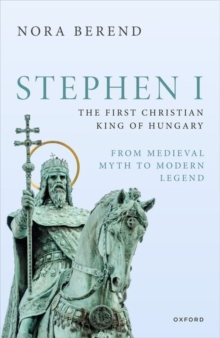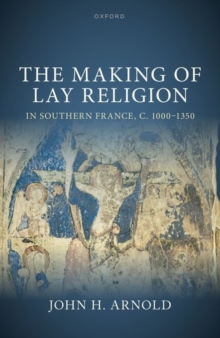
Royal Bastards : The Birth of Illegitimacy, 800-1230 EPUB
by Sara McDougall
Part of the Oxford Studies In Medieval European History series
EPUB
Description
The stigmatization as 'bastards' of children born outside of wedlock is commonly thought to have emerged early in Medieval European history.
Christian ideas about legitimate marriage, it is assumed, set the standard for legitimate birth.
Children born to anything other than marriage had fewer rights or opportunities.
They certainly could not become king or queen. As this volume demonstrates, however, well into the late twelfth century, ideas of what made a child alegitimate heir had little to do with the validity of his or her parents' union according to the dictates of Christian marriage law.
Instead a child's prospects depended upon the social status, and above all the lineage, of both parents.
To inherit a royal or noble title, being born to the right fathermattered immensely, but also being born to the right kind of mother.
Such parents could provide the most promising futures for their children, even if doubt was cast on the validity of the parents' marriage.
Only in the late twelfth century did children born to illegal marriages begin to suffer the same disadvantages as the children born to parents of mixed social status.
Even once this change took place we cannot point to 'the Church' as instigator.
Instead, exclusion of illegitimate childrenfrom inheritance and succession was the work of individual litigants who made strategic use of Christian marriage law.
This new history of illegitimacy rethinks many long-held notions of medieval social, political, and legal history.
Information
-
Download - Immediately Available
- Format:EPUB
- Pages:320 pages
- Publisher:OUP Oxford
- Publication Date:27/10/2016
- Category:
- ISBN:9780191088858
Other Formats
- PDF from £81.15
Information
-
Download - Immediately Available
- Format:EPUB
- Pages:320 pages
- Publisher:OUP Oxford
- Publication Date:27/10/2016
- Category:
- ISBN:9780191088858










